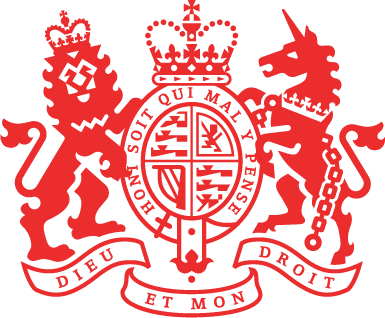Related Cases
Neutral Citation Number
Published
Summary
Judgment on the preliminary issues arising in this appeal, as defined in the Order of the Tribunal dated 11 February 2010, namely:
(a) Whether, on the proper interpretation of the Communications Act 2003 (“the 2003 Act”) and the Competition Appeal Tribunal (Amendment and Communications Act Appeals) Rules 2004 (“the 2004 Rules”), BT’s appeal raises any specified “price control matters” within the meaning of section 193 of the 2003 Act and rule 3 of the 2004 Rules.
(b) Whether, on the proper interpretation of the 2003 Act, the dispute resolution process provided for in sections 185 to 192 of the 2003 Act only extends to current or prospective issues and not to historical issues.
The first preliminary issue
Having considered the statutory provisions relating to the obligation on the Tribunal to refer price control matters to the Competition Commission, the statutory meaning of an “SMP condition” for the purposes of section 193 of the 2003 Act, and the particular SMP conditions in the present case, the Tribunal considered the necessary conditions that needed to be satisfied in order for a matter to be a “price control matter”. Following the approach in Hutchison 3G UK Limited v. Office of Communications [2007] CAT 26, the relevant conditions were as follows: (i) the matter must fall within the definition of a “price control matter” under section 193(10) of the 2003 Act; (ii) the matter must be disputed between the parties within the meaning of rule 3(1) of the 2004 Rules; (iii) the matter must relate to the matters stipulated in rules 3(1)(a), (b) or (c) of the 2004 Rules.
The Tribunal concluded that the definition in section 193(10) of the 2003 Act explicitly refers to the “imposition” of a price control. It does not state that a price control matter means a matter relating to the “compliance with” any form of price control by an SMP condition. OFCOM’s use of a costs benchmark as a first order test of BT’s compliance with the SMP condition is not the same as the SMP condition itself imposing that cost benchmark as a form of price control. Further, an examination of the three limbs of rule 3(1) of the 2004 Rules demonstrates very clearly that they are all concerned with the imposition of price control matters by way of an SMP condition. As regards the existence of a matter disputed between the parties, BT declined the opportunity in its notice of appeal to define more specifically what matters might need to be referred. Given the Tribunal’s conclusion that BT’s appeal does not raise price control matters within the definitions in section 193(10) of the 2003 Act and rule 3(1) of the 2004 Rules, the Tribunal noted that it was not surprising that BT could not formulate the price control matters it said might be in issue with any specificity. The Tribunal accordingly concluded that the answer to the first preliminary issue was “No”.
The second preliminary issue
The Tribunal considered the parties contentions as to the scope of OFCOM’s jurisdiction under sections 185 to 191 of the 2003 Act (“the Dispute Resolution Process”), in particular as regards statutory construction, the schema of the 2003 Act, and the “practical convenience” of particular constructions of the 2003 Act. Having considered the provisions of the EU’s Common Regulatory Framework and the 2003 Act, the Tribunal found that OFCOM was right to conclude that its jurisdiction for resolving disputes arose out of section 185(1)(a) of the 2003 Act. As regards OFCOM’s jurisdiction to resolve historical disputes under section 185(1), the Tribunal concluded that there was no distinction between historical and non-historical disputes in that provision. The Tribunal accordingly concluded that the answer to the second preliminary issue was “No”.
This is an unofficial summary prepared by the Registry of the Competition Appeal Tribunal.
